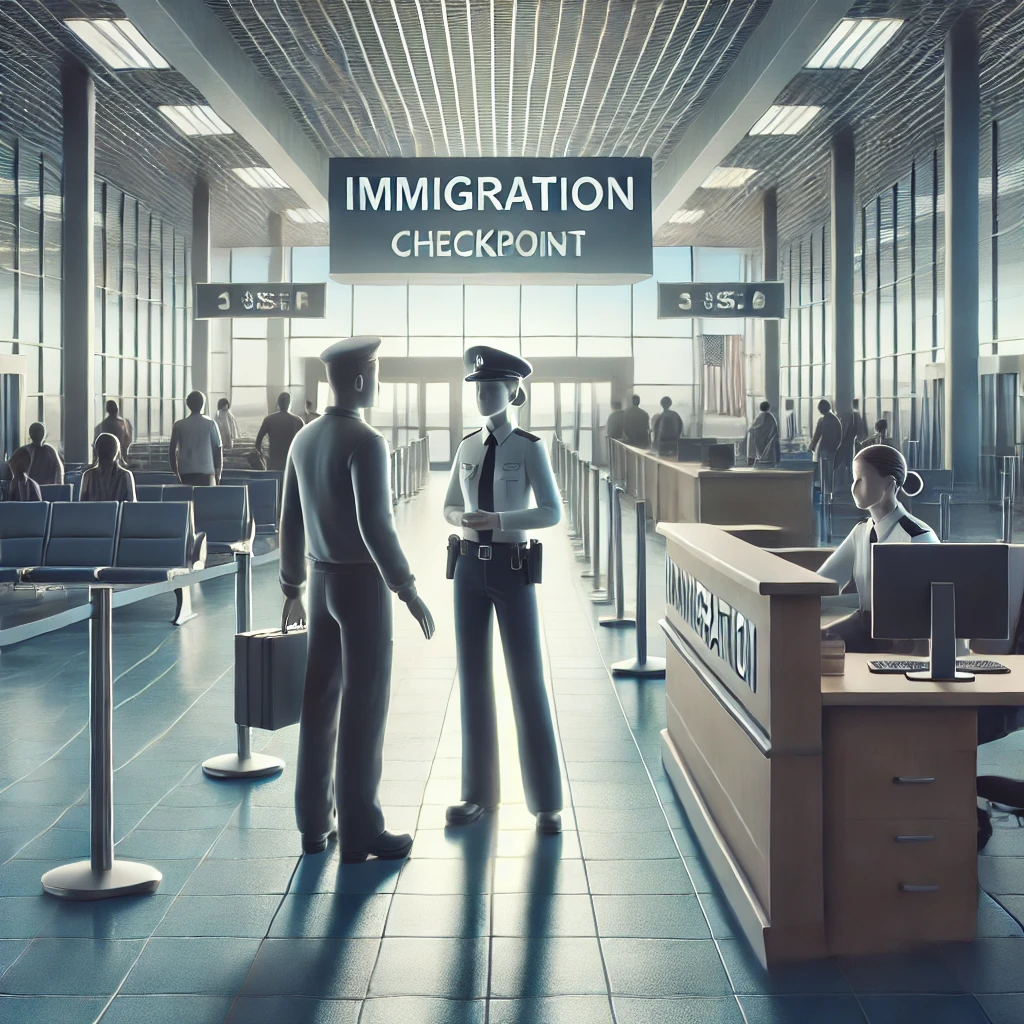
Determining Proper Notification in Visa Revocation and Exclusion Proceedings
In re Salazar, 17 I. & N. Dec. 167, 169 (BIA 1979).
Overview:
This case examines whether an immigrant lawfully admitted as a permanent resident can be placed in exclusion proceedings due to the alleged revocation of a visa petition without proper notification. The issue focuses on whether the immigration authorities followed the legal requirement to provide notice of visa revocation to the applicant.
Outcome:
The Board of Immigration Appeals (BIA) ruled in favor of the applicant, terminating the exclusion proceedings. The BIA determined that immigration authorities failed to meet the burden of proof that the applicant received actual notice of the visa revocation, as required by law. As a result, the applicant retained lawful permanent resident status and was allowed to enter the United States.
Detailed Explanation
Facts
- The applicant, a citizen of Peru, became a lawful permanent resident in 1976 based on a visa petition filed by his wife.
- Before the visa was issued, the wife withdrew her petition, but there was no proof the applicant was informed of the revocation.
- Despite the withdrawal, the U.S. Consulate in Peru issued the visa.
- After leaving the U.S. for five months in 1978, the applicant was placed in exclusion proceedings upon his return. Immigration officials alleged he lacked a valid visa and willfully misrepresented his marital status.
Legal Issues
- Whether exclusion proceedings were properly initiated based on the applicant’s absence from the United States.
- Whether the applicant was given adequate notice of the visa petition’s revocation, as required by § 205 of the Immigration and Nationality Act (INA).
- Whether the applicant willfully misrepresented his marital status when applying for the visa.
Analysis
1.Exclusion Proceedings
- The BIA found that the applicant’s five-month absence and his activities abroad (visiting relatives and sightseeing) meaningfully interrupted his permanent resident status. Therefore, initiating exclusion proceedings was appropriate.
- Rosenberg v. Fleuti, 374 U.S. 449 (1963) was cited in support of this determination.
2.Burden of Proof on Notice
- The INA requires that an applicant be informed of a visa petition’s revocation either through written notice or actual notification before leaving for the U.S.
- The Service presented insufficient evidence to show the applicant received actual notice of the revocation. While he may have known his wife withdrew the petition, awareness does not equate to formal notice of revocation.
- A cable sent to the U.S. Consulate in Peru regarding the revocation was not acted upon, as evidenced by the visa’s issuance.
3.Misrepresentation
- The BIA concluded there was no willful misrepresentation by the applicant.
- He stated his intention to reunite with his wife and accurately disclosed his marital status at the time of his visa application.
Conclusion:
The BIA held that immigration authorities failed to meet their burden of proof on both the notice of revocation and the misrepresentation claim. Consequently, the applicant was properly admitted as a lawful permanent resident in 1976, and the exclusion proceedings were terminated.
Key Takeaways for Readers:
- Notification of Visa Revocation: Immigration law requires clear proof that an applicant was informed of a visa petition’s revocation. Failure to provide proper notice renders the revocation ineffective.
- Burden of Proof in Exclusion Proceedings: The government must prove its case against lawful permanent residents, especially when their status is questioned.
- Returning Residents and Exclusion: Lawful permanent residents who leave the U.S. for extended periods or meaningful purposes may face exclusion proceedings upon reentry.
For Further Reading:
Let’s Get Started
Your legal challenges deserve personalized attention and innovative solutions. Contact Oware Justice Advocates PC today for a consultation and take the first step toward resolution and peace of mind.
355 South Teller Street, Suite 204,
Lakewood, CO 80226
(Visits to the office are strictly by appointment only)
303-514-6589

